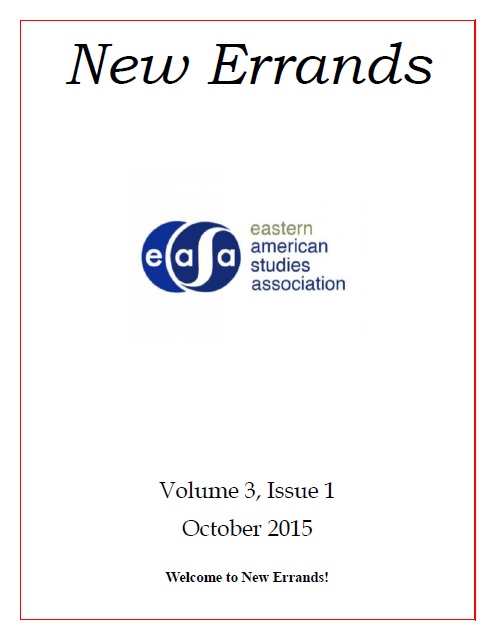Exploring the Domestic Ideology of the Postwar Era through Cookbooks
DOI:
https://doi.org/10.18113/P8ne3159811Abstract
Cookbooks were increasingly published and marketed to overwhelmingly female audiences during the aftermath of the Second World War, when tensions with the Soviet Union escalated and the new consumer culture of the 50s materialized. Upon first glance, these instructional guides may have seemed a frivolous and unnecessary part of history, not unlike commonly held attitudes about women's roles themselves. These books did more than merely show readers how to prepare the perfect Baked Alaska, however, because they also provided evidence of a burgeoning anxiety toward gender roles in postwar America. Cookbooks, which were carefully constructed by primarily male editors, utilized gendered language in their recipes that aimed not only to help women help themselves but also to simultaneously oppress them by reminding them of their proper place in the home. In sharing time-saving, cost-efficient recipes that often stressed the necessity of convenience foods, cookbooks affirmed, consciously or otherwise, that expectations on women to maintain the home were not only burdensome but unavoidable. Postwar cookbooks were fraught with contradictory language that revealed concerns about the gender hierarchy in1950s and 1960s America thinly veiled by encouraging, often complimentary language that damaged rather than fortified women's standing in society.

Exploring the Domestic Ideology of the Postwar Era Through Cookbooks by Lauren Fabrizio is licensed under a Creative Commons Attribution 4.0 International License.

